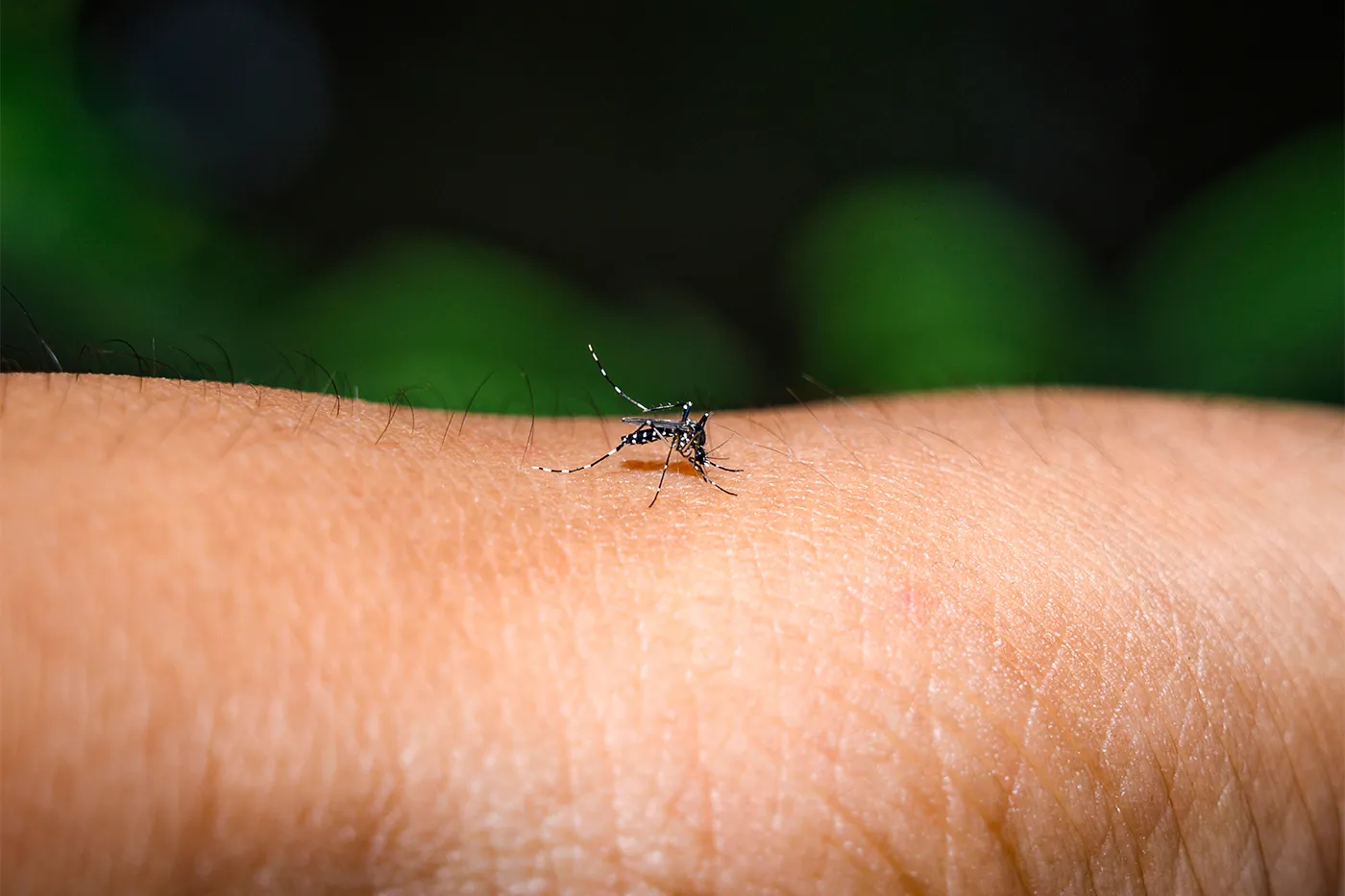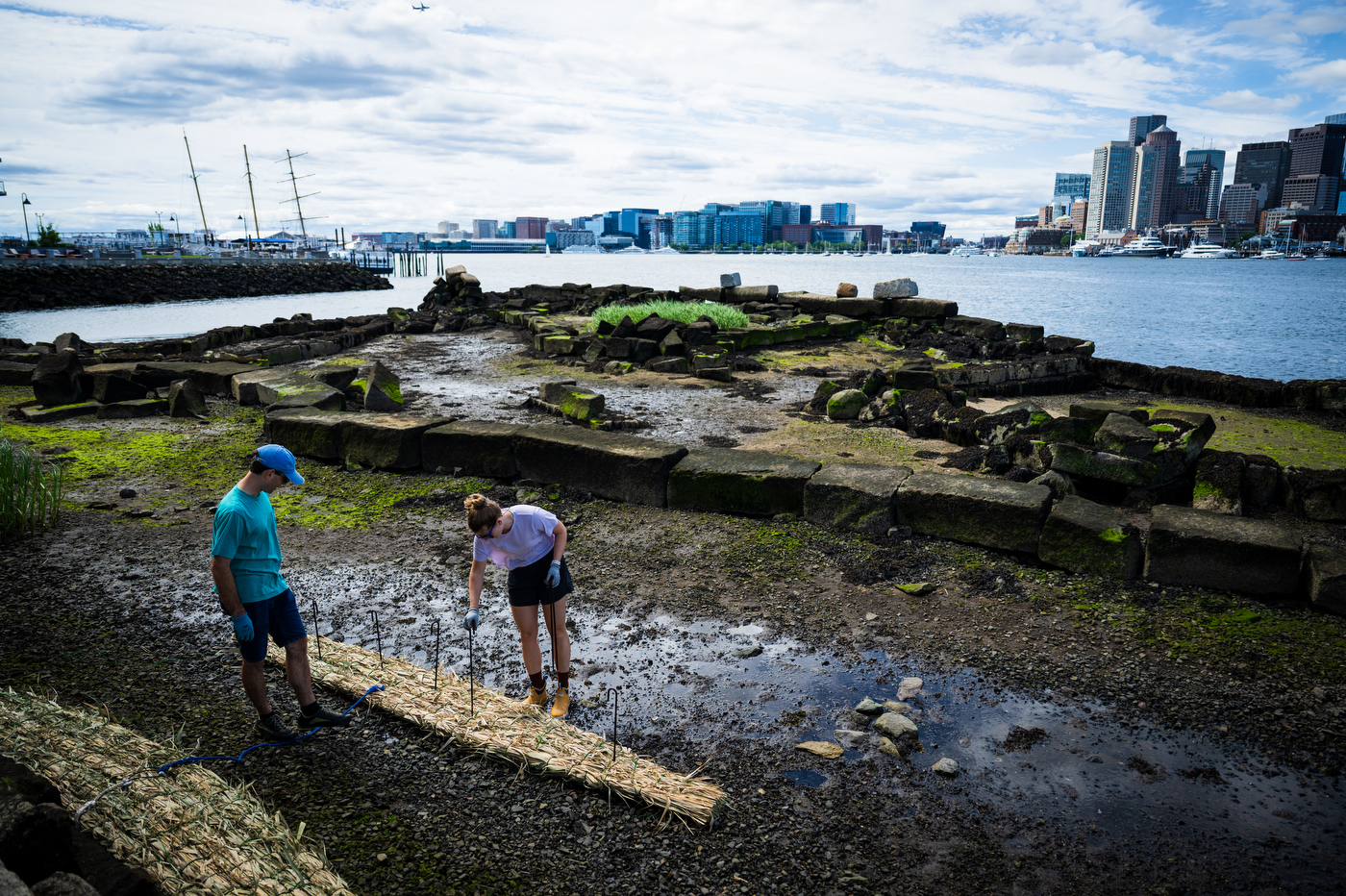At some point in the future, humanity will venture into outer space to settle on distant planets. But before that can happen, governments, scientists and experts around the world must figure out how to make life on those alien worlds safe and sustainable.
As lovers of sci-fi can already attest, the key to achieving civilization in space lies in biotechnology. A group of Northeastern professors, collaborating under the auspices of the Center for International Affairs & World Cultures, have come together to produce a report exploring that very idea.
“After we came together, it became clear that this is actually a very pressing issue at the forefront of new technological advancements that are occurring — both simultaneously in space and in biotech,” says Mai’a Cross, dean’s professor of political science, international affairs and diplomacy, who spearheaded the collaborative study.
The report, titled “A Policy Framework for International Cooperation in Space Biotechnology,” is the result of a grant from the Carnegie Corporation of New York and published by the Carnegie Council for Ethics in International Affairs. The project convened a series of expert meetings to explore the ethical, policy and scientific dimensions of international space cooperation, with the goal of articulating a set of principles that would help steer future biotech research and policymaking in space.
The group includes Cross; John Basl, a philosophy professor who specializes in AI and data ethics; Gokce Altin Yavuzarslan, an assistant professor whose focus is in novel materials and 3D printing; Brian Helmuth, a professor of marine and environmental science; Ryan Morhard, affiliated faculty with the Center for International Affairs & World Cultures; and Anncy Thresher, an assistant professor of public policy and urban affairs and religion and philosophy.
Read more at Northeastern Global News
Photo by NASA









